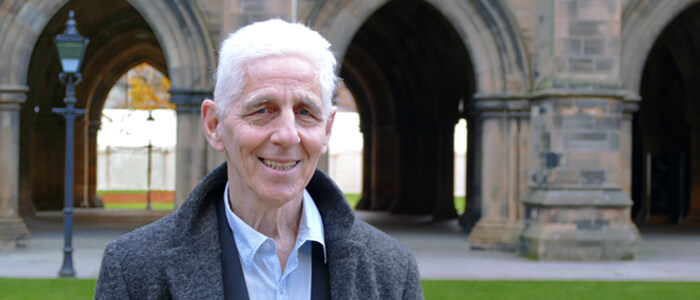An innovative new teaching approach where students generate their own feedback is producing higher grades at the University of Glasgow Adam Smith Business School.


The approach which draws on research by Professor David Nicol sees students compare their developing work against, for example, an online resource, a textbook explanation, a video, the work of peers or extracts from journal articles. They must write down what they learn from these comparisons or discuss it with peers.
From these comparisons students generate inner feedback. This is what they use to improve their performance.
This deliberate process builds on a natural cognitive process ‘comparison’ known to underpin memory, problem-solving, evaluation, categorisation and reasoning.
In one study, results showed that 70% of students generating their own feedback increased their grades from draft to redraft without any teacher input.
Professor Nicol said: “This work builds on something which is naturally happening – students are making comparisons all the time. The key to harnessing the power of this inner or self-feedback is to have students consciously make comparisons and make their learning from them explicit both to themselves and to their teachers.
It’s about students comparing rather than someone telling them about their own work. This lens of comparison changes everything. For the first time, it seems that there is a way to increase learning from feedback, without inordinate increases in staff workload. This method can be applied in any teaching situation across any discipline. And it develops the students’ capacity to regulate their own learning.”
The inner feedback comparison approach is being piloted at the University of Glasgow, Adam Smith Business School; Trinity College, Dublin; University of Edinburgh and University of Padua, Italy.
‘The Power of internal feedback: Comparison changes everything’ has been shortlisted for the Reimagine Education, Innovation in the Science of Learning Award.








































